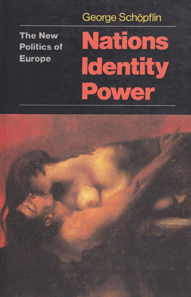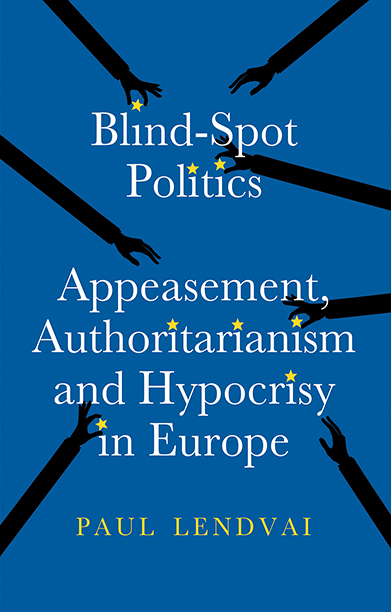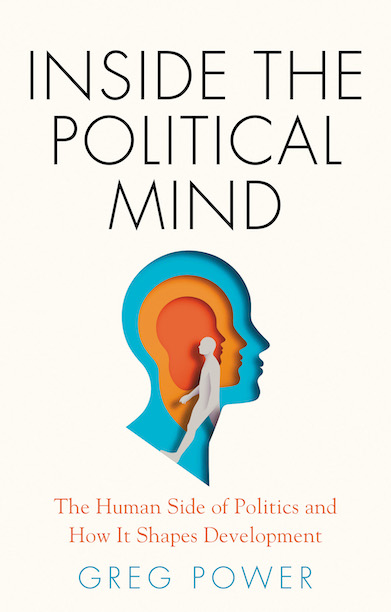Description
Conceptions of nationalism as a historical and contemporary phenomenon remain fragmentary in the late-1990s. This text analyzes the contradictions inherent in the general understanding of nationalism in order to fashion a new intellectual synthesis. In particular George Schopflin questions why states in the West are able to live with the nation as the legitimate space for democratic institutions, whereas in the post-communist world, especially in Eastern Europe, ethnicity is preeminent. He argues that the nation is simultaneously ethnic, civic and structured by the state. Schopflin applies his understanding of nationalism to various East and Central European case studies, including the former Yugoslavia and Hungary. He also compares the role of ethnicity in other states, including Britain.
Reviews
‘[…] a cornucopia of informed and detailed insight on the politics of identity. […] Schopflin’s writing is lively and vigorous, if abrasive. Ethnicity, identity, nationalism and nationhood are intriguing topics for study and certainly inform European politics today. Schopflin has provided a fascinating book that deals with these issues in a thought-provoking, original and insightful manner. It is a great piece of erudite scholarship, which one will return to time and again.’ — Times Higher Educational Supplement
Author(s)
George Schopflin is Senior Lecturer in Politics at S.S.E.E.S., University of London. His books include Politics in Eastern Europe, 1945-1992 (1995).






